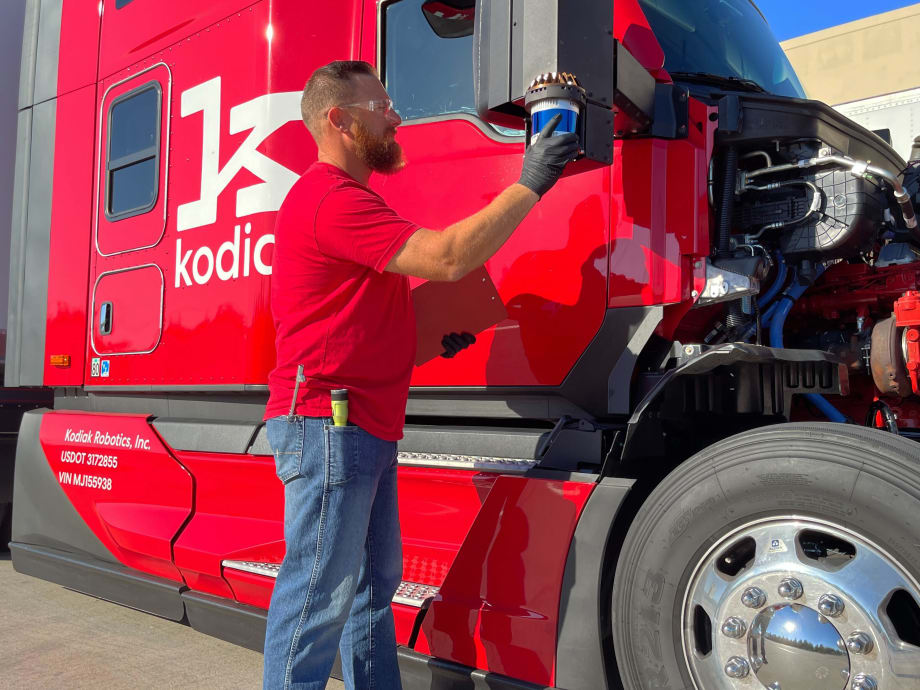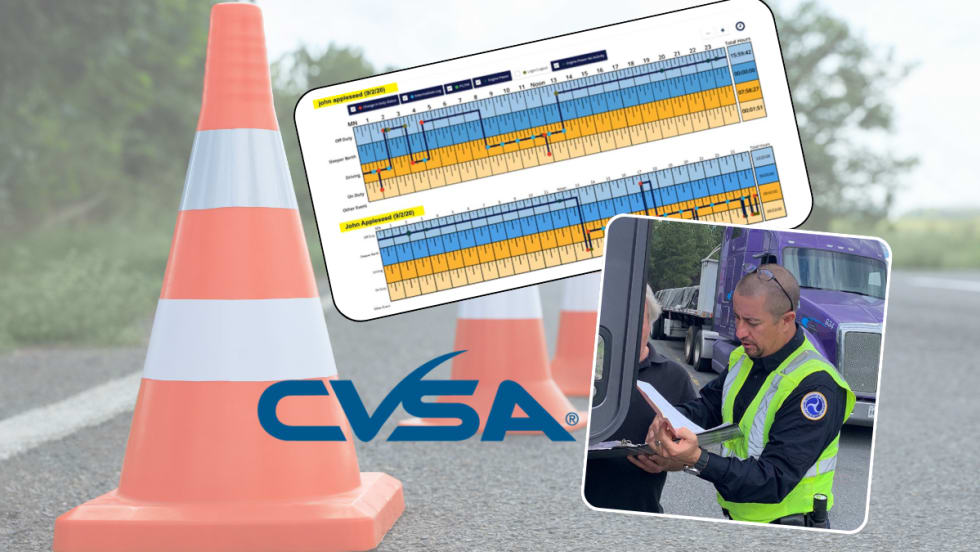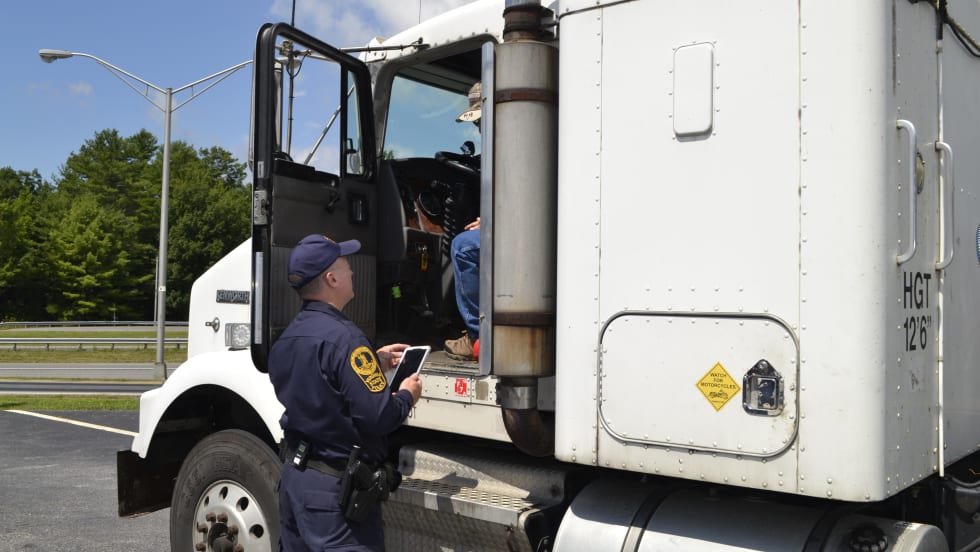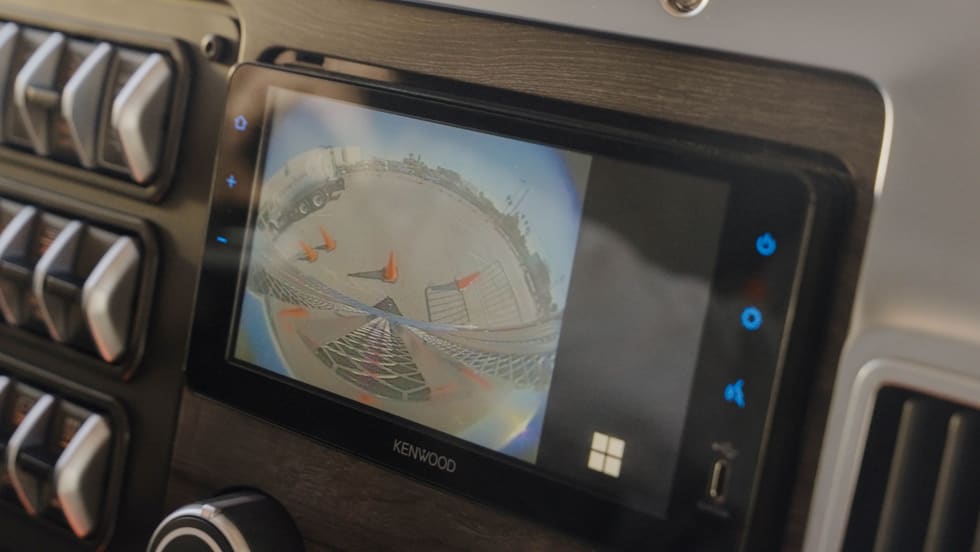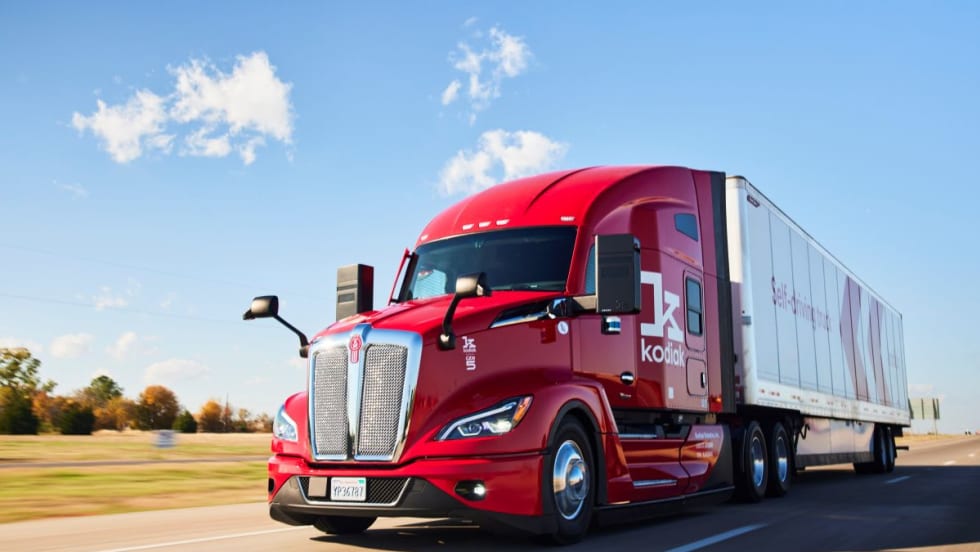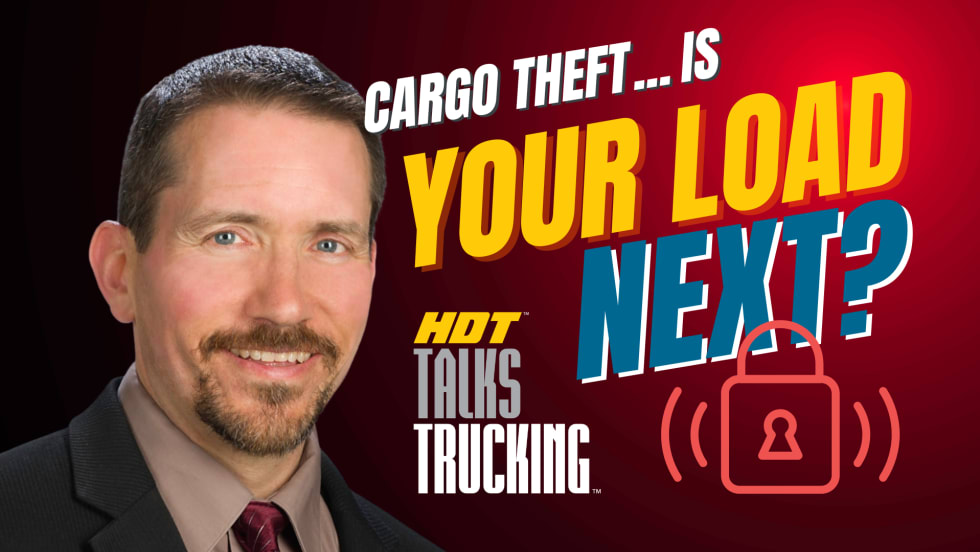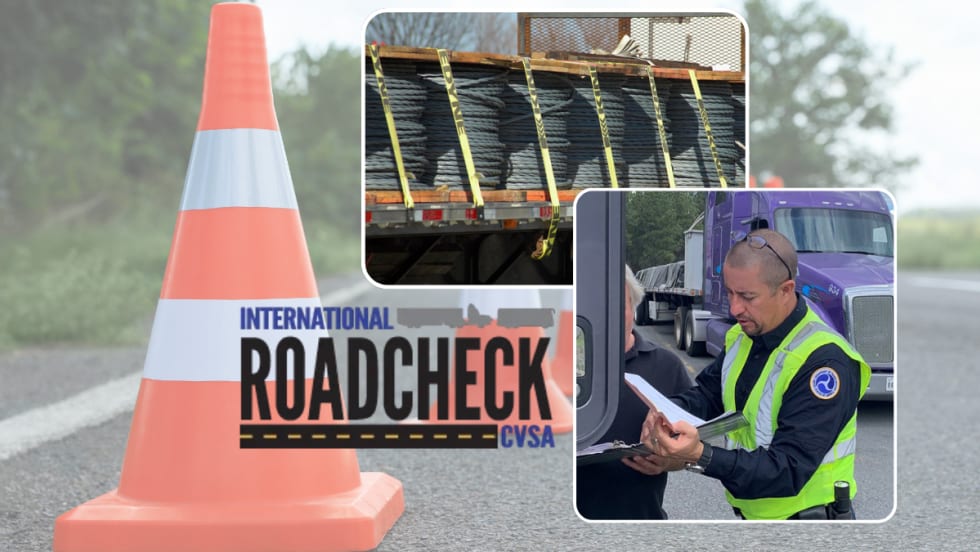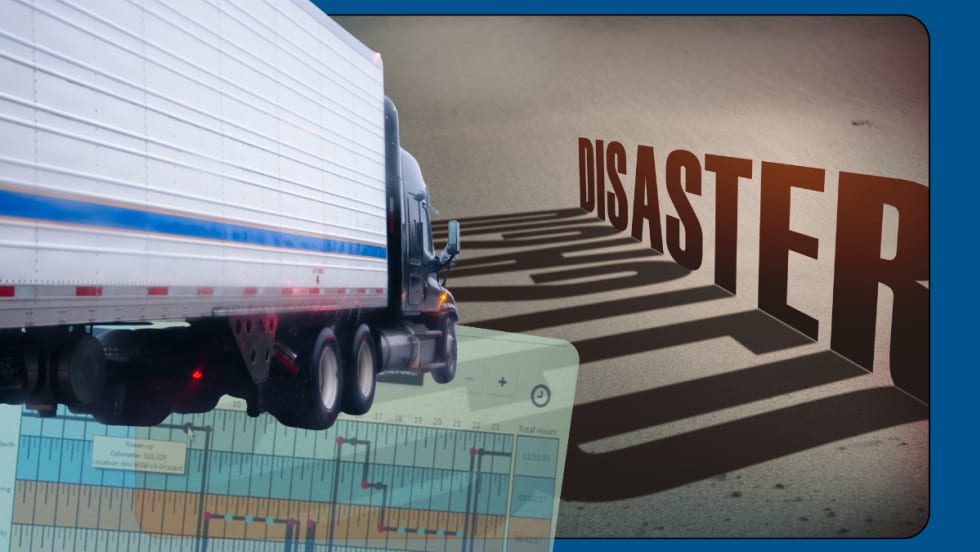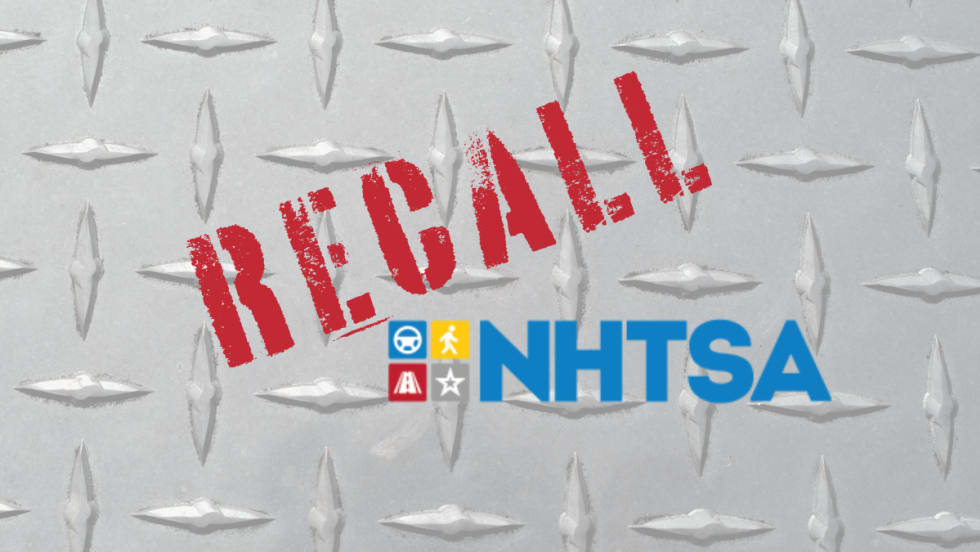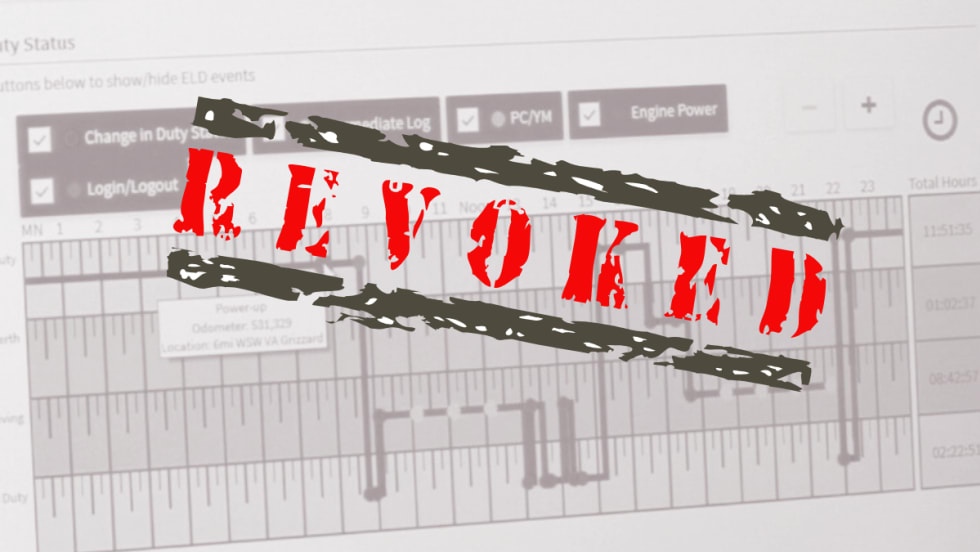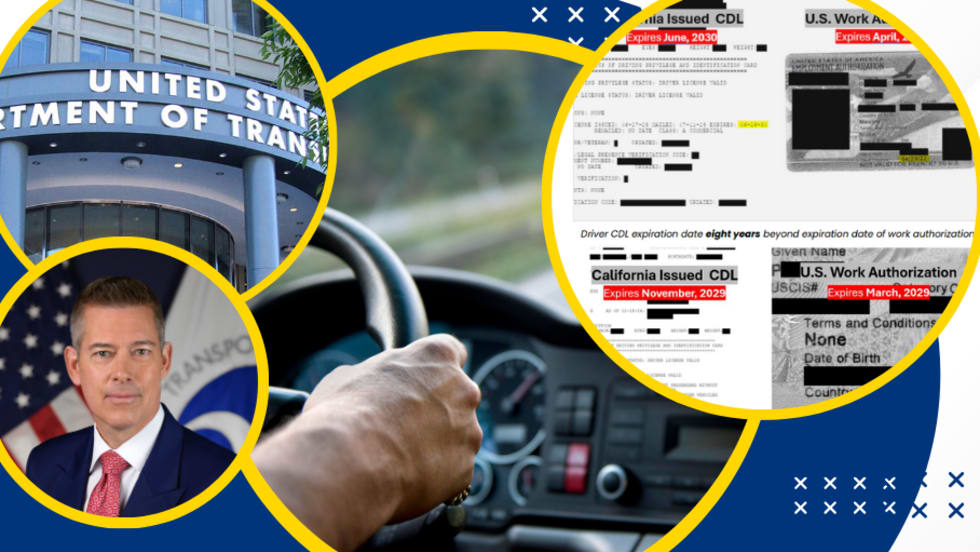Kodiak Robotics said it's the first company to pilot the Commercial Vehicle Safety Alliance's new protocol for autonomous trucks. The Enhanced Commercial Motor Vehicle Inspection Standard program protocol will allow autonomous trucks to pre-clear roadside inspections.
Elements of this new program, which is designed to streamline interactions between autonomous trucks and law enforcement at fixed inspection sites, were approved by CVSA at its September 2022 board meeting.
Enhanced Inspections require that a CVSA-certified inspector, who has completed a 40-hour CVSA training course and passed a corresponding exam, conduct a thorough inspection of an autonomous truck combination, which is valid for a 24-hour period. Autonomous trucks then communicate the outcome of that inspection, as well as other relevant safety information, to roadside enforcement officers.
Since law enforcement will have a high level of certainty about the roadworthiness of vehicles participating in the Enhanced Inspection program, autonomous trucks that follow the approved process will not be subject to routine inspections at weigh stations and other inspection sites.
A Partnership Project with Law Enforcement
To launch CVSA Enhanced Inspections on public roadways, Kodiak, working with connected truck services supplier Drivewyze and the Texas Department of Public Safety launched the initiative on Texas interstates.
As part of the pilot program, Kodiak inputs the results of each Enhanced Inspection into the Drivewyze system, which then communicates a sample Safety Data Message Set to roadside enforcement officials in Texas at participating inspection sites.
The Enhanced Inspection pilot program demonstrates a solution to a critical hurdle in the commercial deployment of autonomous trucks, said the companies in their July 20 announcement. Kodiak is working with regulators and Drivewyze to expand the pilot program to other states.
“Traditional roadside inspections rely on assistance from the driver, and a common question we get is how autonomous trucks will handle highway weigh station inspections,” said Don Burnette, founder and CEO, Kodiak, in a news release. “This program shows how law enforcement and autonomous vehicle developers can partner to ensure extremely high safety and maintenance standards for self-driving trucks."
Brian Heath, CEO of Drivewyze. pointed out that "autonomous vehicles represent a significant change to roadside enforcement... it is important that state agencies continue to leverage their existing roadside systems to meet the needs of the emerging AV [autonomous vehicle] market.”
A New Job for Truckers
In an interview with HDT, Daniel Goff, head of external affairs for Kodiak Robotics, noted that this program is a prime example of how autonomous truck technology can create new jobs in the industry. These autonomous vehicle inspectors will be private-sector jobs, with certification coming from CVSA.
“The exact model of how these inspectors will function will depend a lot on the individual operations,” Goff explained. “But I think you’d see them in a variety of places — at private fleets, truck stops and ports, for example. And these will be really good jobs that are perfect for people who know and understand trucks and the trucking industry, but don’t want to drive long-haul or over-the-road anymore.”
Kodiak chairs the American Trucking Associations' Technology & Maintenance Council Autonomous Truck Inspections and Enforcement Task Force, which continues to work closely with CVSA to develop the final elements of the Enhanced CMV Inspections program.
The Texas-based pilot program is expected to serve as a model for other states as autonomous trucks become commercially available nationwide.




